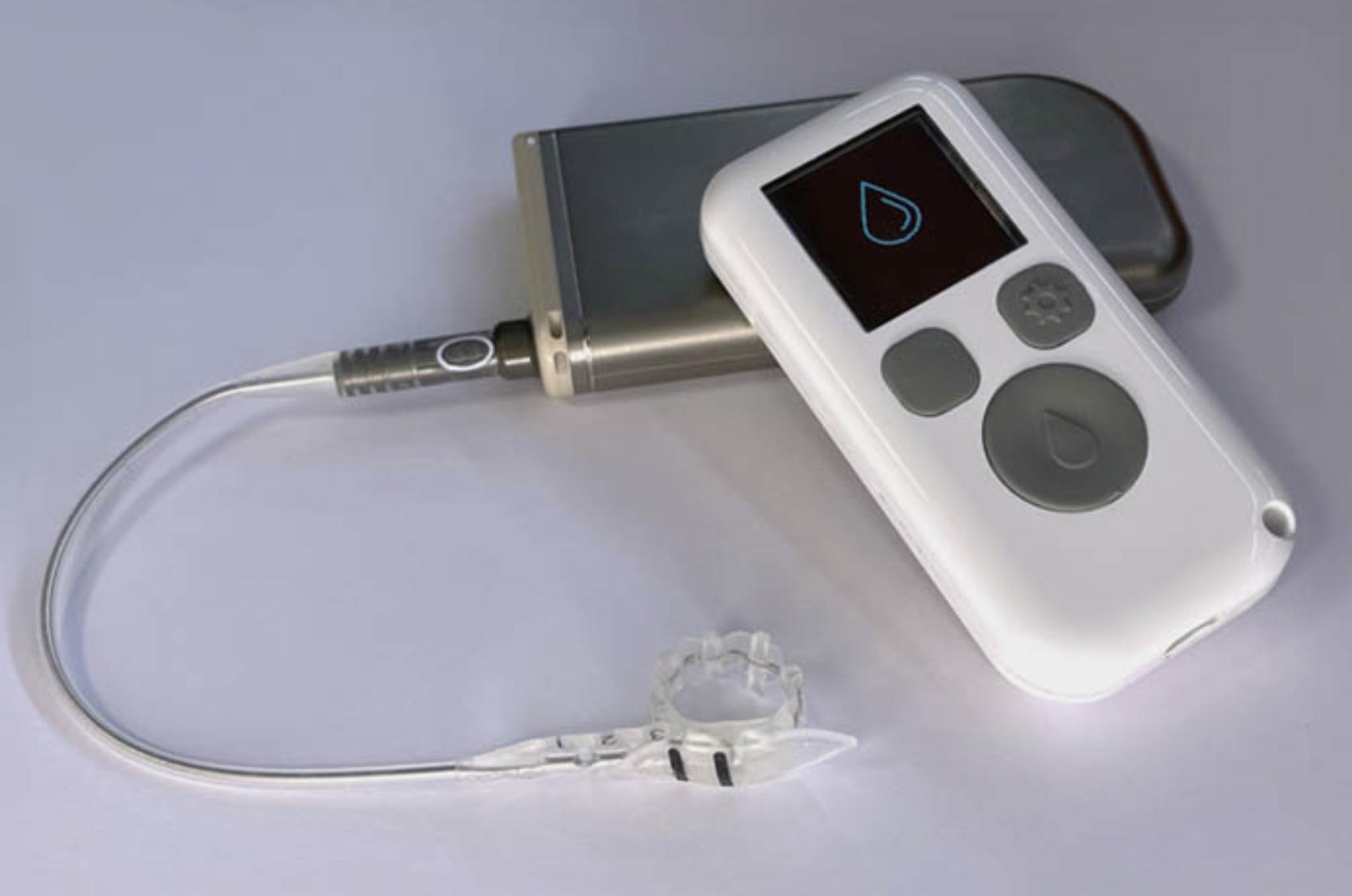Affluent Medical’s Artus artificial urinary sphincter successfully implanted in first-in-human pilot study
Affluent Medical, a French clinical-phase MedTech company specializing in the international development and industrialization of innovative medical prostheses, has carried out a successful first-in-human implantation of the minimally invasive medical device Artus for the treatment of urinary incontinence as part of the European pilot study ‘Dry’.
Artus is an implantable artificial urinary sphincter developed for the treatment of moderate to severe urinary incontinence in both men and women. The device that controls the opening and closing of the patient’s urethra is activated by the patient via a remote control and has been designed to allow adaptation to the patient’s lifestyle.
This implantation of the artificial urinary sphincter Artus was performed by Prof. Roman Zachoval, MD, PhD, head of the Department of Urology at Thomayer University Hospital in Prague, Czech Republic, on a 68-year-old male with severe urinary incontinence. Also present was Prof. Nicolas Barry Delongchamps, Urology Professor at Cochin University Hospital in Paris, France, as surgical advisor of the clinical study.
“Artus is easy to prepare and implant due to its innovative design compared to the previous generation of urinary sphincters. With the positioning of the cuff around the urethra and the implantation of the control unit, the different steps of the implantation were straightforward,” said Prof. Zachoval. “We performed successful communication tests between the control unit and the remote control at the end of the surgery. The patient is doing well and was discharged five days after the surgery with no complications.”
The procedure lasted about 80 minutes and went according to plan. Activation of the device is scheduled for six weeks post-implantation, pending full recovery and wound healing.
“This first-in-human implantation of Artus is an important milestone for Affluent Medical. For the estimated 400 million individuals battling urinary incontinence, our innovative solution offers hope for improved quality of life. We intend to treat ten men as part of our pilot study ‘Dry’ and expect completion in H2 2024. In a next step, we will transition to the pivotal study to support market approval and start a trial to treat female patients,” explained Sébastien Ladet, CEO of Affluent Medical.
“Artus is different from current devices in three essential ways. It is easy to implant. It is potentially safer for patients thanks to the ability to adjust the level of constraint, and therefore decrease the potential urethra’s erosion,” explained Prof. Delongchamps. “Additionally, the use of Artus can be personalized: The patient can choose among several modes according to his or her activity, and the doctor can adjust the degree of tightening according to each patient’s need and the progression of the pathology. Finally, the device is so much easier to use for patients, thanks to the remote control.”
Urinary incontinence is a major public health problem worldwide. The pathology affects men and women alike at different stages of their lives. It is generally more prevalent among women than men, notably among younger patients (aged 25 and over) with disorders resulting from multiple child births or in older patients (40 and over) from prostate or bladder cancer treatments. Urinary incontinence has a major impact on social life and mental health. Many patients develop anxiety and depression disorders, as the pathology remains vastly taboo.
According to Optima Insights, the global market for medical devices for the treatment of urinary incontinence (including slings, neurostimulators and artificial sphincters) is expected to reach $4.3 billion by 2027, growing annually 11% between 2019 and 2027.
An international study [1] by the leading European Association of Urology (EAU) demonstrates the economic and environmental burden of urinary incontinence in the 27 countries of the European Union, in addition to the deteriorated quality of the life of millions of patients waiting for a new innovative treatments. The costs calculated by the EAU in connection with urinary incontinence total €69 billion for 2023. These include the impact of incontinence on patient health, the costs of medical consultations and products such as adult diapers, incontinence-related absenteeism from work, admissions to nursing homes and the environmental impact of care related to this condition. If no measures are taken, incontinence is poised to become a major health problem in Europe, exacerbated by an ageing population and resulting in a total economic burden of €320 billion in 2030.
View an animation about how the Artus investigational device is implanted and how it works: www.youtube.com/watch?v=2A9uvvuxJFE
Reference:
1. https://tinyurl.com/auzxue9h


